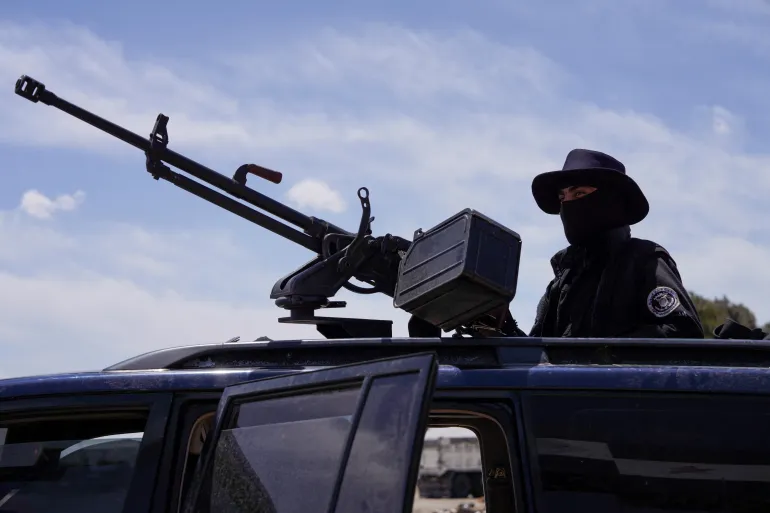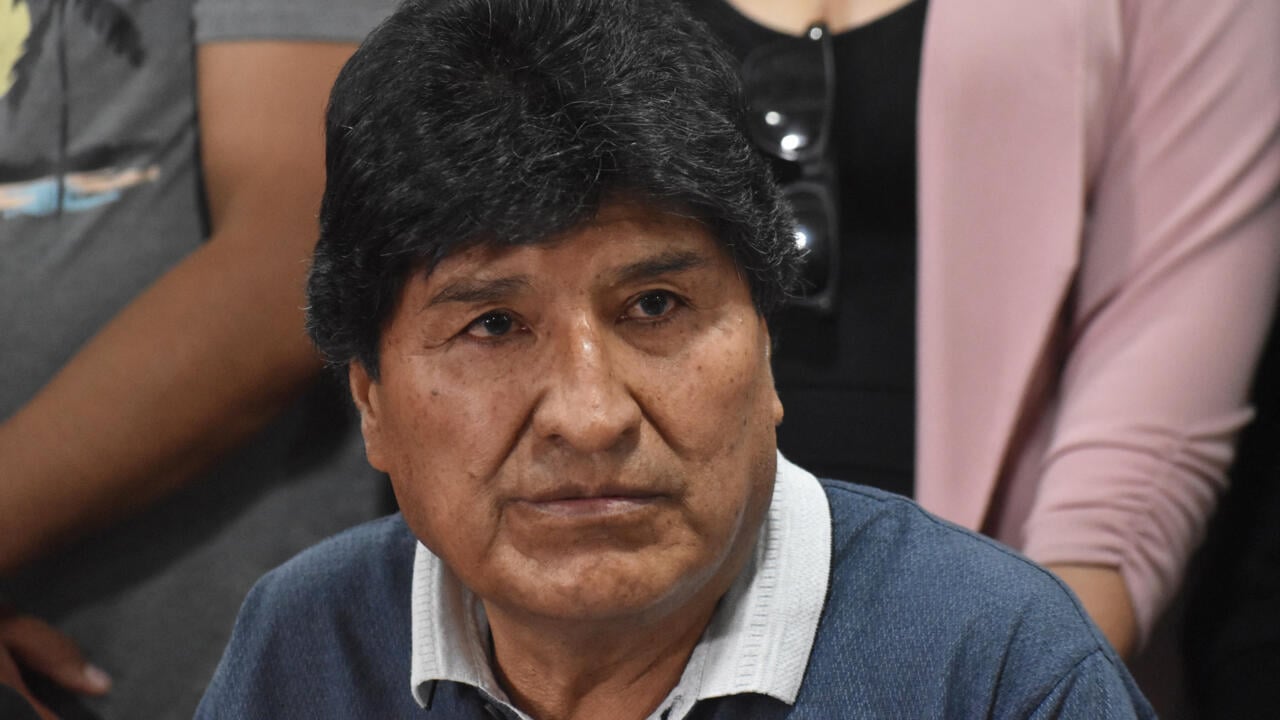Syrian government forces killed at least three suspected ISIL fighters in a pre-dawn raid on militant hideouts in the northern province of Aleppo on Saturday, as part of an intensified campaign to dismantle sleeper cells operating across war-torn regions of the country. The raid, confirmed by Syrian state media and independent monitoring groups, took place in the town of al-Bab, a contested area near the Turkish border known for intermittent clashes and jihadist activity.
According to Syria’s official news agency, SANA, the military operation was carried out after receiving “precise intelligence” about the presence of ISIL operatives planning attacks on military convoys and civilian infrastructure. Troops reportedly stormed several residential compounds, engaging in brief firefights that resulted in the deaths of three ISIL suspects and the arrest of four others.
The Syrian Observatory for Human Rights, a UK-based war monitor, corroborated the raid and confirmed that military helicopters provided air cover during the ground operation. The group noted that the deceased individuals were armed and resisted arrest, but their identities have not yet been released.
State television aired footage of weapons, explosives, and communication equipment allegedly seized from the scene, claiming the discovery was evidence of a planned “major terrorist operation” that had been thwarted.
The raid comes amid a broader crackdown by the Syrian regime on ISIL remnants, particularly in northern and eastern Syria where the group has resurged in recent months. Though ISIL lost its territorial strongholds years ago, its fighters continue to conduct sporadic attacks on both government and Kurdish-led forces, exploiting power vacuums and rugged terrain.
The region of al-Bab, located northeast of Aleppo, has been under the control of Turkish-backed Syrian opposition groups since 2017 but remains volatile due to the presence of ISIL sleeper cells and frequent clashes between rival militias. Syrian government forces, with Russian support, have periodically launched operations in adjacent areas to reassert influence and counter jihadist threats.
Security experts warn that ISIL is shifting its strategy from territorial control to insurgency-style warfare, relying on ambushes, IEDs, and assassinations. In the past year, dozens of Syrian soldiers, pro-government militiamen, and civilians have been killed in such attacks across Deir ez-Zor, Raqqa, and Aleppo provinces.
“The raid in al-Bab is part of an ongoing cat-and-mouse game,” said Aymenn al-Tamimi, a researcher specializing in jihadist groups. “ISIL is fragmented but not defeated. These operations are necessary, but they rarely produce long-term stability unless accompanied by strong local governance and intelligence coordination.”
Syrian officials hailed Saturday’s raid as a victory in the ongoing battle against terrorism. However, human rights organizations have expressed concern over arbitrary arrests and the lack of transparency in such operations. Local reports suggest several homes were damaged during the raid, and at least one civilian was injured, though this has not been officially confirmed.
Meanwhile, the broader security situation in Syria remains fragile. Russian and Iranian-backed government forces are still engaged in battles with Turkish-backed rebels in the northwest, while U.S.-supported Kurdish forces continue operations against ISIL cells in the northeast. With no comprehensive political settlement in sight, analysts warn that Syria’s complex and fragmented conflict remains fertile ground for extremist activity.
International observers, including the United Nations, have called for increased cooperation between rival factions to combat ISIL’s resurgence. UN Special Envoy for Syria Geir Pedersen reiterated in a recent briefing that the absence of political progress and humanitarian aid continues to fuel extremism across the country.
For now, Saturday’s raid in Aleppo marks a tactical success for Damascus, but the long-term challenge of rooting out ISIL’s underground network—and restoring stable governance in contested territories—remains daunting.
Source: Al Jazeera


